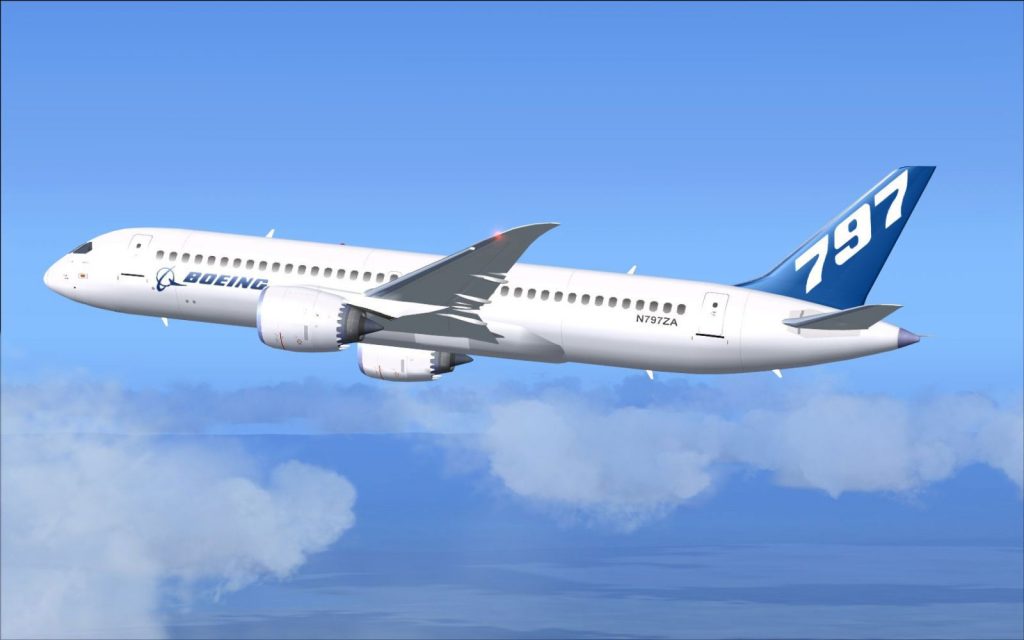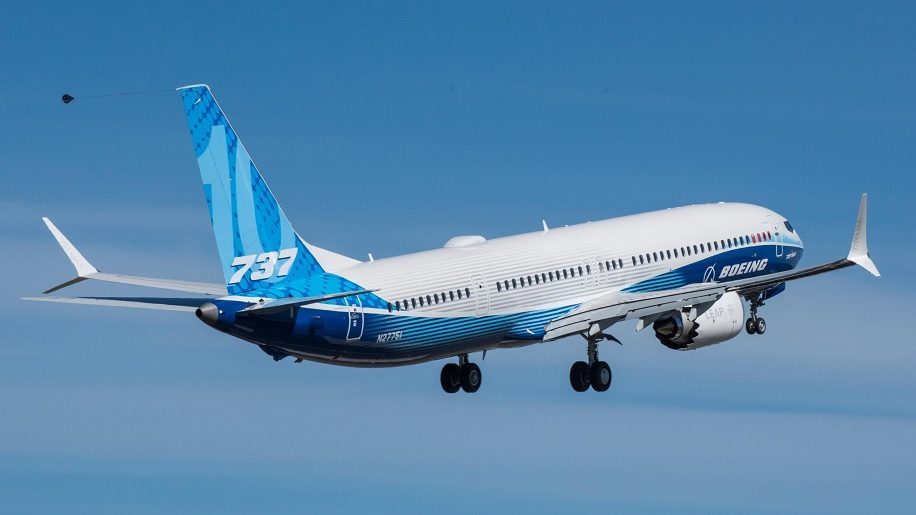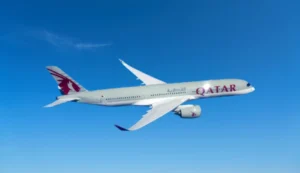Boeing Makes Bold Move: Introducing the 797 to Replace the Iconic 737
After over half a century of dominating the skies, Boeing has taken the aviation world by storm with its announcement of the discontinuation of the long-standing 737 program. In its place, the aerospace giant is set to unveil the eagerly anticipated 797 aircraft, marking a significant shift in the company’s strategy. Surprisingly, development efforts for the 797 have been quietly progressing, promising a relatively swift certification process.

Photo Source: https://www.dailynewsfortravelers.com/
Boeing’s journey over the past two decades has been fraught with challenges, and the decision to bid farewell to the 737 program reflects a pivotal moment in its history. To understand this move, we must revisit the turbulent events of late 2018 when the Lion Air 737 MAX tragedy unfolded, followed by another devastating incident involving an Ethiopian MAX in March 2019. Initially, Boeing attributed these crashes to pilot error, only to later acknowledge the flawed design of the Maneuvering Characteristics Augmentation System (MCAS).
The MCAS system was a direct response to the ongoing evolution of the 737, which had undergone numerous stretches and upgrades since its inception over fifty years ago. From the original 737-100 to the latest MAX variant, Boeing continuously pushed the boundaries of performance by elongating the fuselage and incorporating more efficient engines. However, each iteration necessitated modifications to accommodate larger engine diameters and address shifting center of gravity issues, culminating in the ill-fated MCAS implementation on the MAX.
Despite efforts to rectify the MAX’s shortcomings, Boeing faced further setbacks, including quality control issues such as the infamous plug door incident on Alaska Flight 1282. These challenges strained Boeing’s relationships with regulators, suppliers, and the flying public, prompting decisive action from government authorities.

In a strategic pivot, Boeing has now unveiled the 797, positioning it as the flagship narrowbody aircraft in its lineup. Promising unparalleled efficiency, environmental sustainability, and passenger comfort, the 797 represents a significant leap forward in aviation technology. With advanced winglets, efficient engines, and a host of passenger-centric features including the Boeing Sky Interior, the 797 aims to redefine the single-aisle market.
Despite initial skepticism from industry insiders, the 797 has garnered considerable attention from airlines eager to embrace this new era in aviation. While some question the 15 percent price premium over the MAX, others see it as a worthwhile investment in Boeing’s future.
As the aviation world eagerly awaits the 797’s certification and entry into service, Boeing remains steadfast in its commitment to delivering excellence in aircraft design and manufacturing. With the 797 poised to carry the company’s legacy forward, Boeing looks ahead to a new chapter in its storied history.
And to all those celebrating, Happy April Fools’ Day!






